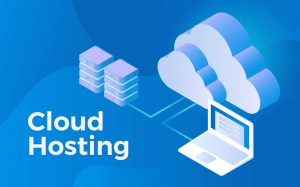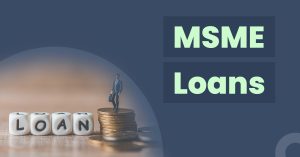Find Out How a Personal Loan Can Help You Repay Your Credit Card Bills

Financial experts advise you to pay credit card dues on time in order to avoid huge interest costs. However, it is common for several users to pay only the minimum due amount to avoid late fees. This is not an advisable practice and may result in a big debt trap.
Let us understand the consequences of paying only the minimum amount on the credit card bill with an example. Assume that you are self-employed and use three credit cards and have been paying the minimum amount for the last few billing cycles. The following table shows the huge interest you may pay if you continue doing this.
| Credit card 1 | Credit card 2 | Credit card 3 | |
| Outstanding (INR) | 25,000 | 40,000 | 35,000 |
| Minimum due (@5% of outstanding) | 1,250 | 2,000 | 1,750 |
| Annual interest | 37.8% | 39% | 40.8% |
| 1st year interest | 9,450 | 15,500 | 14,280 |
| Dues at the end of 1st year | 34,450 | 55,500 | 49,280 |
From the above example, you can see that your current outstanding balance is INR 100,000. This amount increases to INR 139,230 after one year when you pay only the minimum due.
One excellent option to reduce your burden is to avail of a personal loan for self-employed professionals. Here are four benefits of choosing this option.
Lower interest rate
Compared to credit card interest rate, such loans are available at a lower cost. These loans are generally available between 18% and 24% interest rate. This helps you to reduce the interest burden and save a significant amount on the outstanding debt.
Easier management
Managing multiple cards is difficult and you may miss out on a due date that leads to a late penalty. When you consolidate the total outstanding debt of multiple debts under a personal loan, management becomes easier. You need to only service a single equated monthly installment (EMI), thus ensuring you never miss the payment.
Fixed installments
The loan amount is paid in monthly installments that are determined on the basis of the interest rate and tenure. This amount is fixed during the loan duration, which helps you manage and plan your finances. On the other hand, you must pay the entire bill amount of the credit card on the due date to avoid interest and penalties. Overspending on cards is easy and you may not have the entire amount that must be paid on the billing date. Such situations do not arise while paying the EMI on the loan, thereby ensuring you do not accumulate huge debt.
Quick and hassle-free approval
The documents needed for such loans are basic and ensure you have no difficulty while applying for the same. Furthermore, these are unsecured, which makes the procedure quicker. Applying for a credit card is a longer procedure and approval is based on several eligibility factors.
Certain institutions may provide the facility to convert your card outstanding to EMIs. However, the charges for such conversion may be high. Furthermore, there may be other terms and conditions that you must analyze and understand before making the decision. In comparison, the personal loans interest rates are lower, thus making it a more affordable option.






